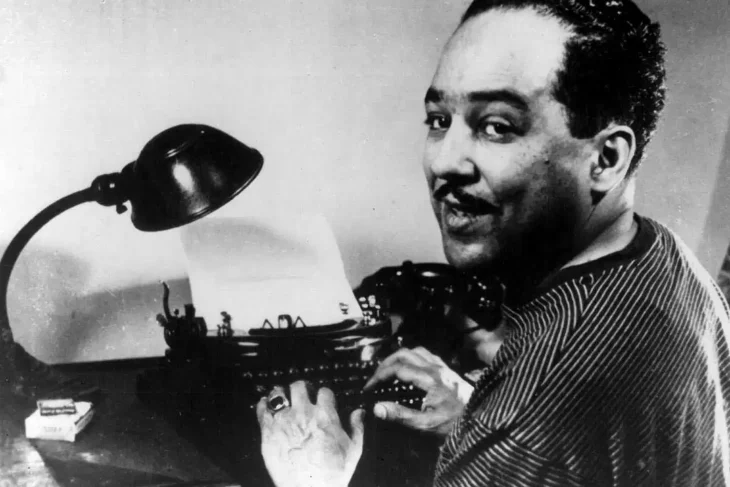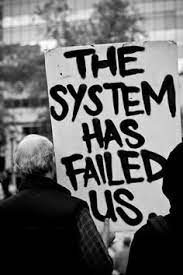
The story is told about a couple who was shown a fancy brochure selling lots in a fancy upscale retirement community. The glossy document sold the place as heaven on earth, and so they scrapped up all their savings and bought a prime lot on a map.
As the story goes, they received monthly community newsletters which showed the lot was valued an astonishing eight times what they bought it for just a year before. After four years the value of their lot had reached a stratospheric 1,000 times what they had paid for it.
The couple was so happy that they contacted the sales agency and requested that they be taken to see the lot. To their surprise they were told the community was still in the concept stage and there wasn’t an actual site or construction at all. When they asked, ‘so what was the basis of the valuation they published each month?’ They were told that was people buying and selling their “lots” and profiting on the difference. They inquired how can they sell their lot? To their shock and horror, they were told that they could only sell it through a particular broker/exchange and that they would have to pay fees and a commission on the sales, etc.
To a large extent, this is what cryptocurrencies are. Their origins and fundamental value can be traced to virtually nothing. This is not unique in a world of value capitalism, where you can generate income by just inputting a figure in a box.
Firstly, these are not currencies in the strict sense. They are best described as “an asset class” since people are dumb enough to purchase them and then speculate on their presumed appreciation. Note that anyone can exchange an asset for another asset or for cash; it doesn’t make it a currency. A chip in a casino is a currency within the confines of that casino, but it’s worth nothing when you walk out the door. If someone pays you for them, they can only redeem them in that casino.
So why call it a currency? Because it sells better that way. Also, the term “money” has legal implications. Then why do governments not take some action to “protect” the public? Well, a similar question that can be asked is, why don’t governments shut down or regulate offshore tax havens and banks?
The answers are many, but the main one is that governments are accomplices in international crimes and corruption. These include white (others say black) market trading in guns, human trafficking, drugs, the whole lot. Powerful governments conveniently “allow” parallel economies because they intersect with the official economy eventually. Money laundering is a State-sanctioned activity. Ask the banks located in the City of London. The sensational Panama Papers (on the operation of the underworld of offshore banking), could have been written by all the Federal and world financial watch dogs. This is because they know all about their sinister players and activities.
So, one may ask, what does all of this have to do with Bitcoin and other crypto currencies? Well, the government in the main financial capitals see no merit in clamping down on another Ponzi scheme if its market cap or its eventual demise don’t rock the stability of the state apparatus. Also, speculative assets with no real fundamental value eventually collapse to zero, sooner than later.
One must understand that greed is infectious and speculative, or mob greed is epidemic. Governments have learnt that trying to prematurely speed up the crash of these phenomena is either futile or lead to governments being the scapegoats after the crash.

The graph shows that in five months the “price” for bitcoin plummeted from $54,000 to $19,200 in June 2022. If this graph represented a heart monitor, the doctor would declare the patient dying and most likely brain dead.
So that I am not misunderstood, I accept the fact the speculative frenzies are part of the human experience. I also accept that you cannot stop people from jumping on these ‘money make me rich genies’. I also, don’t know whether governments can truly legislate against their creation and ultimate demise.
However, what I do believe is that governments MUST accept the responsibility for the consequences, if, as they develop, the government did not inform the public of the reasons that these schemes are fundamentally flawed.
It must be pointed out that banks are as much Ponzi schemes as cryptocurrencies. The banking system operates based on fractional reserve, in which banks lend money from nothing. The reality is that governments are wedded to this edifice of a banking system. Governments not only oversee the sewage, they are also part of the sewer. The social and economic catastrophe of a total banking collapse is hard for governments to envision and they will do everything to prevent it.
The hypocrisy is that governments onload billions of dollars to prop up the banking system but send “traders” of other “unregulated” Ponzi schemes to prison. I once asked the CEO of a government development bank if she really believed that if a firm guaranteed 5% weekly on an investment that this a big sign that it’s a Ponzi scheme. To my surprise she said, “absolutely not! The firm has expert currency traders”. I not only laughed that day but four months later when she and her husband lost millions.
Let us be fair, the crypto wave had many things which made it flourished. The most important factor was anonymity and the chance to stick it to the government. Also, there is the world of touch key personal investments, hundreds of ‘how to make easy money’ ads, armies of overnight “experts” and professionals, and don’t forget the flood of abbreviations and market slangs (to make it sexy).
Crypto marketing has been unmatched in recent times. So has been its spectacular collapse. From the outset I insisted that this should be called “Krypto”. If kryptonite can kill superman, it surely will kill idiots. Never one to be an antagonist, I have always said that if you cannot trace the value then you eventually don’t know what the valuation is. That is why I have never bought into the crypto currency craze.
But what is the reason for the fall? It pretty much does not matter. Of course, the move of government to digitize money really signals the death knell for this asset class. If government money becomes digital, then its functionality and flexibility can make localized pockets of “currencies” irrelevant. Not to mention the fact that the State will regulate them and ultimately absorb their activities into the mainstream. This will likely kill crypto’s biggest appeal, privacy.
However, in all this is an even more ominous and possible scary future? The prospect of central bank digital currency (CBDC) has several characteristics which maybe even more alarming than people losing millions due to their own speculative greed. The issue is that CBDCs, if they are programmable, can lead to enormous power and control by the State over your money (and, by extension, your life). But that’s another story.
The parallel of the crypto market and the story about the couple is that many people bought lots in crypto cemeteries where their monies were laid to rest. I am not clear how all this will pan out, as the cryptocurrency market has an enormous infrastructure which sits behind this activity. So, your guess is bad as mine. One certainty is that there will always be scams and scammers. And greed drives people to feed the sharks.



